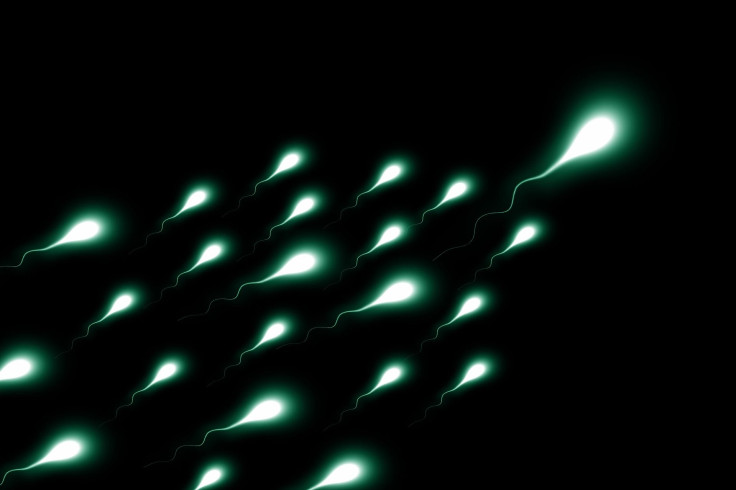Sperm Counts In Western Men Have Fallen By Half Over 40 Years

Sperm counts among Western men have dropped by 52 percent in the past 40 years, a finding that could one day affect fertility rates. Although the exact reason for the reduction in sperm is not clear, experts believe it's likely a combination of unhealthy lifestyle choices and environmental factors.
From 1973 to 2011, the concentration of sperm in the semen of men in Western countries has nearly halved, The Guardian reported. Specifically, the new report found a 52.4 percent decline in sperm concentration, and a 59.3 percent decline in total sperm count in men from North America, Europe, Australia and New Zealand, The BBC reported. On average, the concentration of sperm has dropped by an average of 1.4 percent each year.
Read: How Chemotherapy May Affect Male Fertility
The review of previous research was designed to measure the extent to which sperm count numbers have fallen, not to identify the cause of these dropping counts. However, the researchers involved hypothesize that many different factors are likely at play. These include changes in the way that laboratories measure sperm count, undocumented and pre-existing fertility problems in men who were studied, and increased exposure to environmental chemicals that may affect fertility. In addition, research also suggests that poor health and diet in the West may account for the majority of these drops.
The idea that male sperm count is dropping throughout the world is not new, and the results from this review are actually based on data from nearly 200 past studies on the topic. However, deducing the cause is much more complicated.
Historically, male sexual health has not been well documented. In addition, today’s technology is better equipped to more accurately measure the amount of sperm in a man’s semen than measures of the past. The combination of these two factors may have caused sperm counts to be overestimated, resulting in the current startling low sperm count measurements. Also, while reports suggest that these same falling numbers in sperm count have not been seen in South America, Africa, and Asia, there have been fewer studies investigating male fertility in these areas—which could have skewed the data, The Independent reported.
In addition, there has been an increase in the amount of chemicals known as endocrine disruptors placed in household products. According to the National Institutes of Health, these endocrine disruptors interfere with the body’s hormone system, and have been documented to decrease fertility in both males and females. Some of the most common products to contain endocrine disruptors include plastic bottles, metal food cans, detergents, and even some cosmetics and foods. These chemicals could also be “plausibly associated” with the problem, The Independent reported.
Lastly, the research also suggests that Western lifestyles may play a role in this worrying trend. Increased obesity, smoking, stress, diets high in alcohol and processed meat all may have an adverse effect on male fertility, The BBC reports.
Low sperm count does not necessarily translate into fertility problems, and many men with lower amounts of sperm in their semen have no knowledge of the problem and go on to have children. In addition, today there are technological solutions for men with low sperm count, and often IVF can still result in a conception and full-term pregnancy for partners of men with this issue. Still, low sperm count can be an indicator of overall poor health, and this widespread problem suggests that the Western lifestyle is in need of a healthy overhaul.
"If we will not change the ways that we are living and the environment and the chemicals that we are exposed to, I am very worried about what will happen in the future," lead researcher Dr. Hagai Levine told The BBC.
Source: Levine H, Jorgensen N, Martino-Andrade A, et al. Temporal trends in sperm count: a systematic review and meta-regression analysis. Human Reproduction . 2017
See Also:
Going To Bed After Midnight Harms Healthy Sperm Via Anti-Sperm Antibody
Biological And Environmental Factors Behind Making Sperm Swim
Published by Medicaldaily.com



























